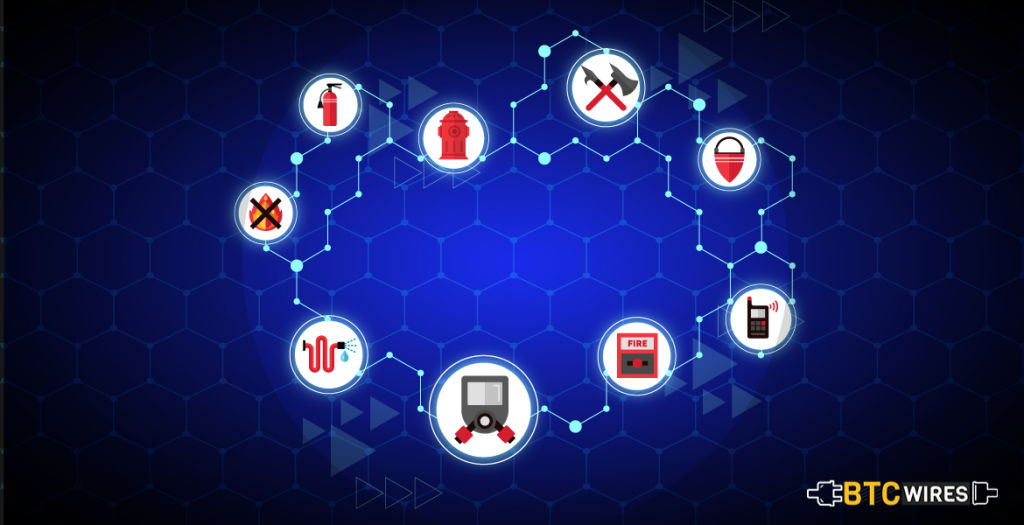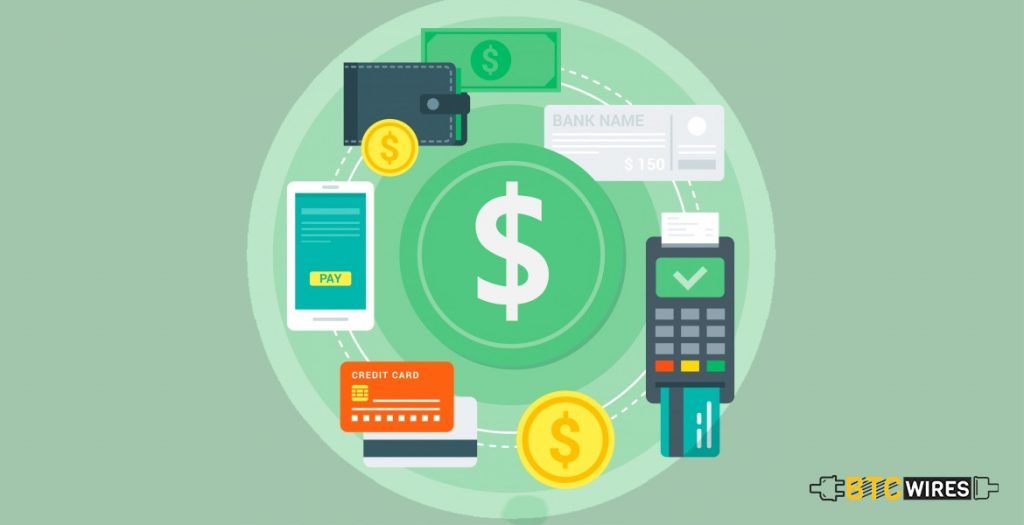When it comes to listening to music, it’s easier than

When it comes to listening to music, it’s easier than it was a long time ago. SoundCloud, Apple Music and Spotify are always ready to fill your ears with more music than you could ever listen to. Being a user, you pay a fixed fee on a monthly basis for this easy access and the streaming service, the money is then passed on to the artist. Well, this is not what exactly happens! That’s why everyone is talking about blockchain in music industry.
The media makes us believe that the artist life is a flashy and wealthy one. But it’s definitely not. You may surmise that paying third-party intermediaries, like publisher and labels, is just “another day, another dollar”, yet these businesses take handsome money from musician’s financial and creative triumphs.
As a matter of fact, the artist receives a certain amount of money for every play. Rights holders such as producers, labels, vocalists, musicians, etc. are all claiming their share of the generated revenue. Therefore, it becomes a complicated thing to figure out what amount to pay to whom. The metadata accompanying tracks contains such information like who the right holders are. This data is usually incomplete and takes a few minutes to be stripped away. Missing or incorrect metadata implies that an artist might not get paid for his work, which is the biggest problem for smaller artists. Every bit of the revenue decides whether to pursue a career in music or to find another source of income.
Blockchain Technology – The Rescuer

Blockchain technology claims to break all the barriers and change the business models by giving individuals more control over their intellectual property and eliminating the need for any central authority whose only motto is to take money from the artists and creators. Whereas this technology was initially meant to be utilized as the underlying technology behind cryptocurrencies, this advanced technology can also be implemented to an endless amount of current as well as up-and-coming industries.
Now, let’s discuss how blockchain can help the musician itself.
Blockchain Solves Revenue Sharing

Undoubtedly, blockchain has that potential to solve this problem. Significantly, the blockchain in smart contract can incorporate, what percentage of the revenue is going to which member of the bank, the manager, the label and so on. It can even provide a quick approach of contacting all the rights holders who are involved for licensing queries.
By logging all the involved rights holders to a particular song on the blockchain, you mainly create one big transparent database which can be seen by anyone at any time. Musicians receive their share quickly as compared to the traditional method which takes months or even years.
Interaction Between Artists and Fans Made Easy With Blockchain

Even more powerful is, what blockchain can do for artist/fan interaction. Artists may include a parameter in the smart contract sharing a percentage of the revenue generated by the fans who shared their songs. This incentive creates a potent referral program. Once the music artist has reached a particular level of promotion, he can effortlessly dial down or end the revenue sharing. After that, fans can spend the obtained tokens in the same ecosystem for buying concert tickets or merchandise. Ultimately, fans turn into active promoters.
However, blockchain applications for music are in their infancy, meaning that they still have to prove themselves. For gaining the traction, it will take some more time for musicians to get on board. The obstacle for the fans may be the relative unknown factors of the blockchain technology.
Some Other Topnotch Advantages Of Blockchain For The Music Industry
Digital Masters
At the time, artists holding the digitized copies of their songs with the help of blockchain technology can directly sell their music to the customers without publishers or labels. The elimination of these intermediaries cultivates more direct and better relationship between musicians and their fans.
Independence
Since blockchain can track payments and usage, musicians get more independence to market their music. Particularly for independent or new artists, blockchain technology will cut the costs. Music companies, on the other hand, will have to re-adjust their business models as blockchain will be at the center of this component shift from big corporations to the musicians.
Royalty Payments

When it comes to royalty payments, they incorporate several contracts among publishing houses, producers and artists. Mainly, this applies to the music streaming platforms such as Spotify. Every time a song is played at any event or online, the rights holders need to get a reasonably split royalty payment. National copyright collectors are not just to make sure that the payments are correctly received by the parties, but also to track every play on every platform, which is a challenging thing. At the time, these copyright collectors base their payments as per the airplay statistics which is problematic for the lesser-known musicians with few statistics who, therefore, are not receiving the fair amount.
Transparency

The transparency of the blockchain is what makes the sharing of royalty payments even more efficient. The blockchain would work as a music directory which includes the original music file that is connected to various right holders of the content. Smart contracts may be utilized for instructing how the payments will be distributed to the right holders.
Another possibility to this is to have this system holding the information, track the consumption and the usage of the content on the different platforms. Then with that information, it can give reasonable payments to the rights holders automatically.
Smart Contracts
As mentioned above, Smart Contracts is the latest and most exciting development in the blockchain community. It’s necessarily a digital contract where the terms are public and helpful in eliminating the third-party intermediaries making the overall system not just faster but cost-effective.
Content Control
Music artists will be able to get complete access to the number of times their content is being acquired if their content is embedded in the blockchain. Thus, copyright infringements, as well as piracy, is nearly impossible as this model is created depending on consumer-to-consumer content distribution.
Sum Up!
Undoubtedly, blockchain can help artists to receive the compensation which they deserve and engage fans on another level. One thing is for sure, this technology is meant to give a new transformation to the industry.

